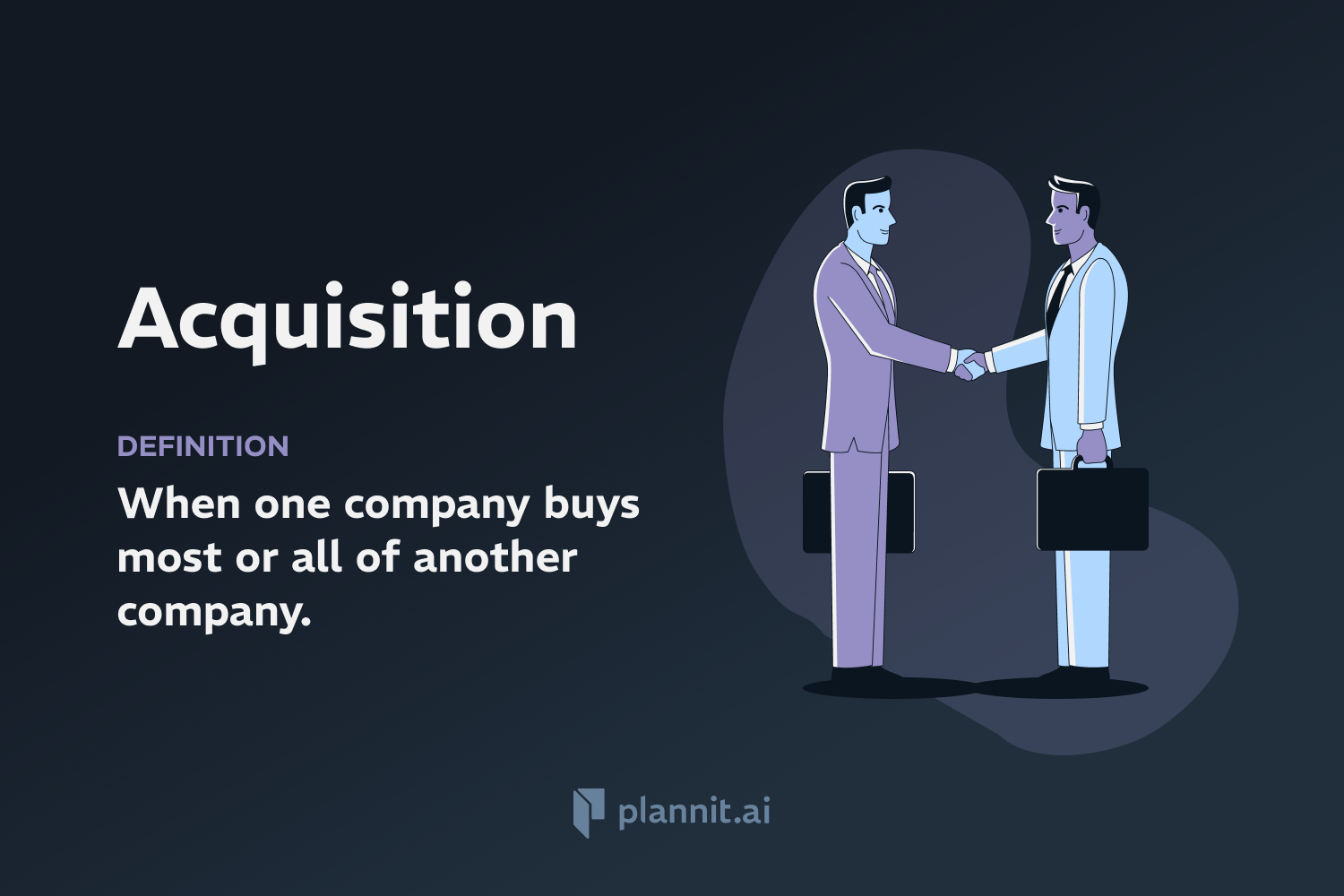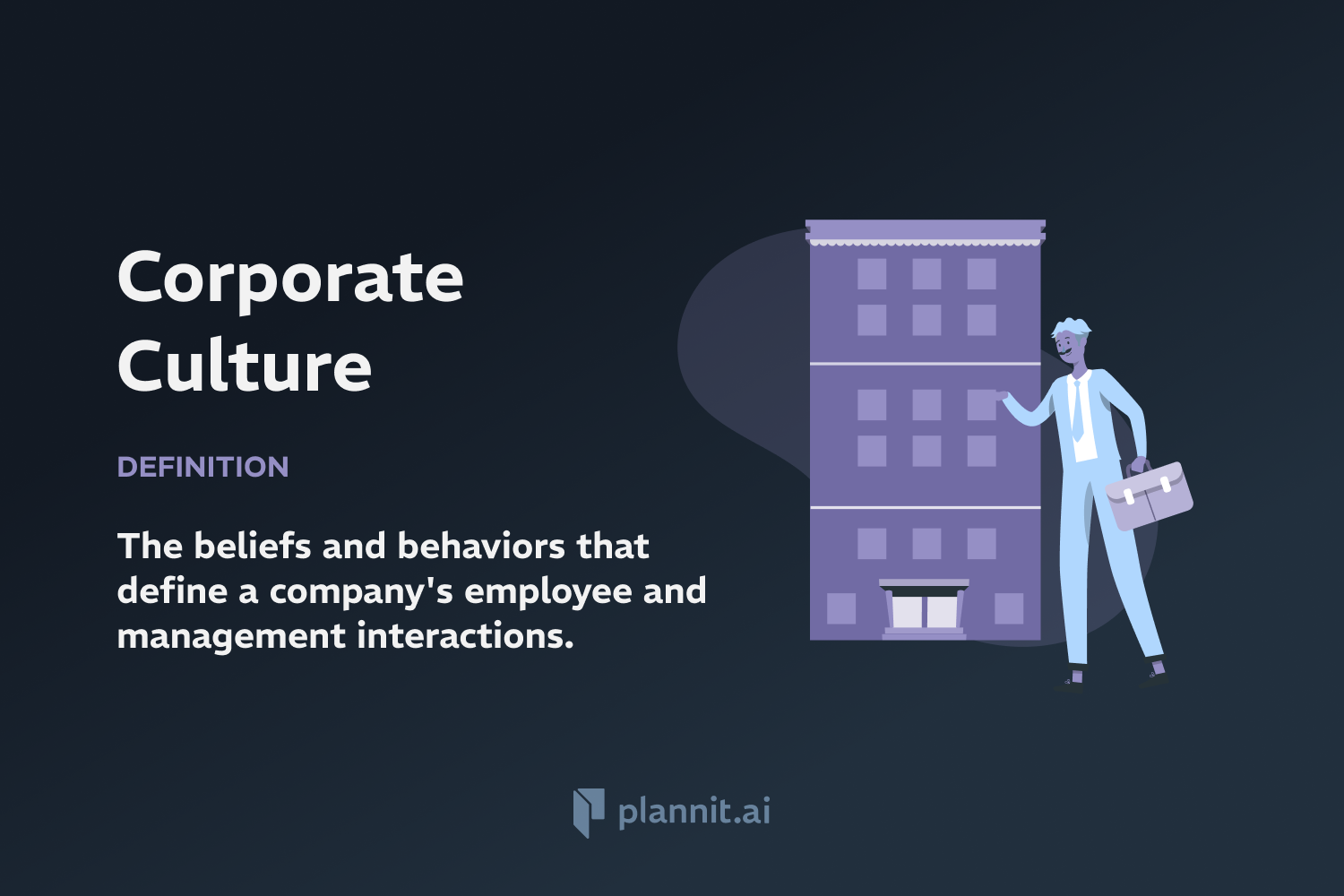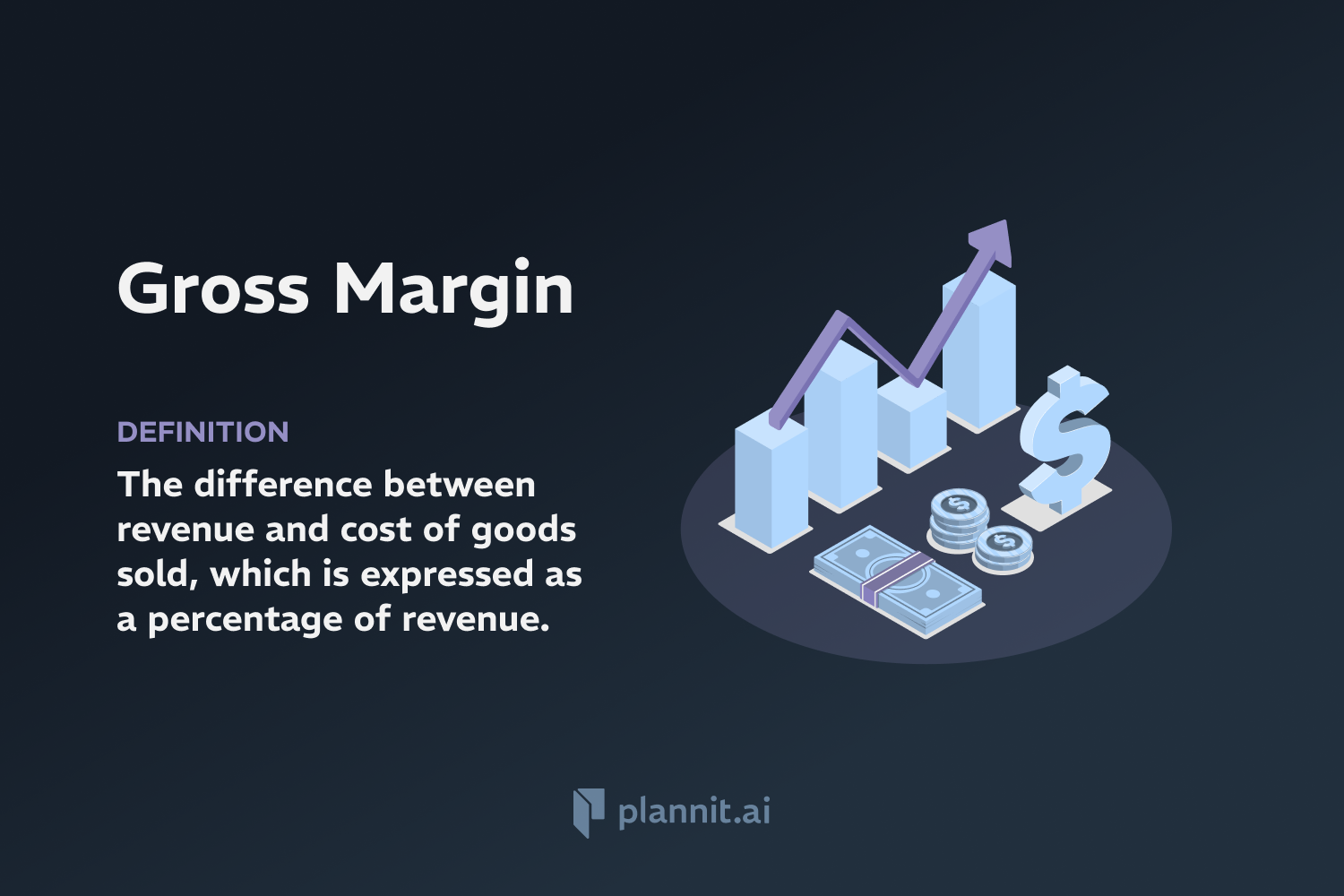Need Help With Your Business Plan?
Answer tailored questions and get a detailed business plan in minutes.
Acquisition: Definition & In-Depth Explanation

Acquisition is a term commonly used in the business and corporate world to refer to the process by which one company takes over another company. It can occur through the purchase of the majority of a target company's shares, assets, or both, effectively transferring control to the acquiring company. Acquisitions are strategic moves used for growth, entering new markets, acquiring new technologies, or eliminating competition. They are significant events in the financial markets and can impact the industry landscape.
Purpose:
The purpose of an acquisition is to achieve strategic business goals such as expanding market share, diversifying product lines, reducing competition, or gaining access to new technologies or expertise. Acquisitions allow companies to grow more quickly and efficiently than organic growth would permit. They can also provide immediate access to new customer bases and distribution channels.
Example:
A technology company might acquire a smaller startup that has developed an innovative artificial intelligence platform. By acquiring the startup, the larger company gains immediate access to cutting-edge technology and the talented team behind it, which can be integrated into its existing products and services to enhance its offerings and competitive edge in the market.
Related Terms:
Merger: A strategy where two companies agree to proceed as a single new company rather than remain separately owned and operated. This is often done to synergize their operations and markets.
Takeover: A type of acquisition where the acquiring company makes a bid to assume control of the target company, often without the consent of the latter's management.
Joint Venture: A business arrangement where two or more parties agree to pool their resources for the purpose of accomplishing a specific task, which is different from a merger or an acquisition.
Divestiture: The process of selling off a part of a company’s operations or a subsidiary, often to streamline operations or focus on core areas of the business.
Hostile Takeover: An acquisition attempt by a company that is strongly resisted by the target company's management and board of directors.
FAQs:
What is the difference between an acquisition and a merger?
An acquisition involves one company taking over another, whereas a merger is a mutual decision by two companies to combine and proceed as a single entity.
How is the value of an acquisition determined?
The value of an acquisition is determined through a combination of financial analysis, including reviewing the target's revenue, profit margins, growth potential, and synergies that the acquisition would bring.
What are the steps involved in an acquisition process?
The acquisition process typically involves negotiation, due diligence (reviewing financials, legal, and operational aspects), financing the purchase, and integrating the operations of the target company.
Can an acquisition fail? What are the risks?
Yes, acquisitions can fail due to factors such as cultural mismatches, overvaluation, failure to realize expected synergies, and resistance from employees or customers. Careful planning and integration are key to minimizing these risks.
What is a friendly versus a hostile acquisition?
A friendly acquisition is one that is agreed upon and welcomed by both the acquiring company and the target company. A hostile acquisition occurs when the target company does not want to be acquired and the acquiring company proceeds without the target's endorsement.
Get funding with a business plan that will impress investors.
Starting a New Business?



